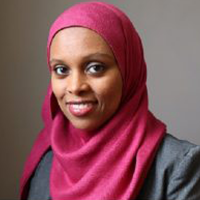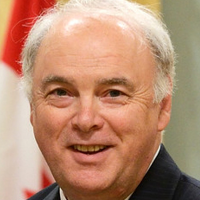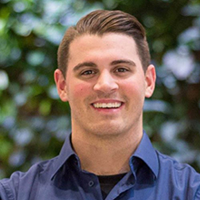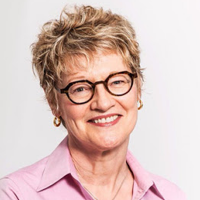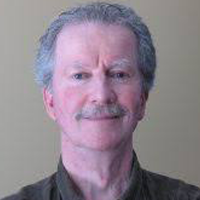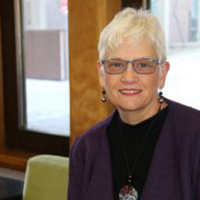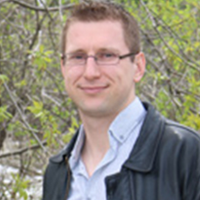
Filip Szadurski
Alumni
Most people believe that life experiences can contribute to success. In the case of Filip Szadurski, those experiences have included moving to a new country, dropping out of school, and then starting over.
“My parents left Communist Poland in 1988,” Filip explains. “We found ourselves frequently displaced while my parents searched for stable employment. My brother and I were the targets of prejudices in school…due to our obvious lack of English.”
Filip eventually dropped out of high school and pursued culinary training. He became a chef but struggled with the unstable lifestyle common in the restaurant industry. He also wanted to pursue a career that was more fulfilling.
“I wanted to do more than cook amazing food for wealthy people,” he says. “So I started volunteering with marginalized people. It gave me a sense of purpose and a feeling that I never had before.”
Filip turned his focus to education: earning a GED and a college degree in social work before enrolling in Carleton’s BSW program.
“I decided I had to treat it like a job and put in the extra work needed to learn,” he explains. “It hurt me to see students not taking their work seriously because I know what it’s like out there if you don’t strive. I’ve lived on the other side of the fence.”
Filip’s volunteer work with treatment and homeless centres influenced the research he did for his honours research essay in the fourth year. Entitled “Current Healthcare and Social Service Programs for Canada’s Absolute Homeless Population: Program Evaluations,” it summarizes dozens of research studies to assess whether the policy of “Housing First”—followed by treatment—works.
“The studies showed Housing First was very effective at improving life outcomes, health, housing stability, and prescription adherence, but there is room for improvement,” says Filip, who won the Faculty of Public Affairs’ 180HRE competition for his presentation of his research.
While Filip is already making a difference in the field of social work, he decided to continue with his education. He plans to pursue a law degree at York University in the fall.
“I wanted to challenge the systemic and human rights issues I’ve witnessed, but in social work, you can’t go to court and fight for someone,” he says. “With both social work and law degrees, I will be able to tackle those issues more concretely.”
